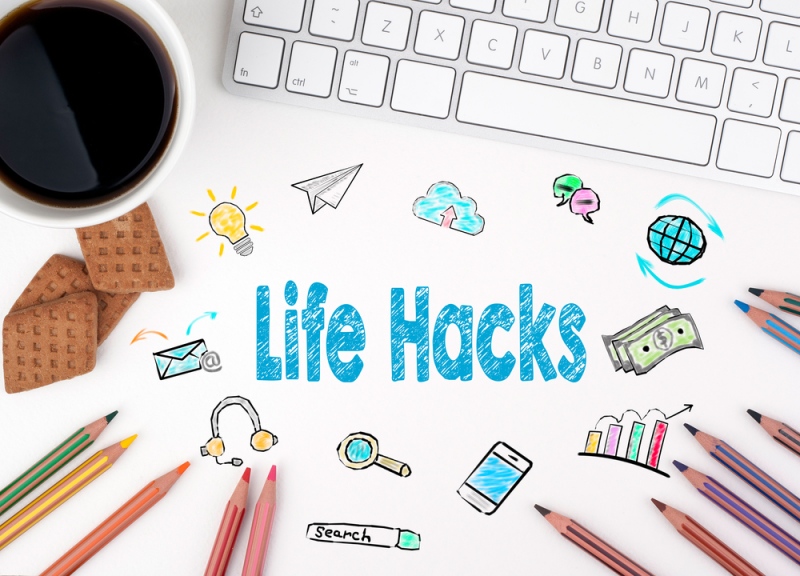Whether you’re starting your journey into higher education this autumn, or deep in a PhD course, you can’t help but be aware of how being a student is changing in 2018. New technology, new attitudes, and unfortunately, new costs change the experience of being a student every year and it’s important to keep up.
It’s also vital to keep abreast of the things that’s don’t change, the resources that are still valuable for you to learn your way around, from the library to the benefits of an NUS Card.
Finding a Home
Picking a place to live is one of the most important choices you’ll make at university, and once you’re out of halls of residence the available housing gives you a very broad range to pick from.
For many people, it’s the first time they’ve had to find housing – and no amount of moves dealt with as a family can prepare you when it’s you in the driving seat. Fortunately the internet has made things easier. Previously, if you were interested in in searching the student housing Huddersfield has, for example, you’d need to visit multiple estate agents, and be prepared to tour the city.
Using apps and sites like Zoopla and Rightmove, you can filter for your requirements, whether that’s budget, location or number of rooms and shortlist only suitable houses. It makes the whole process much less stressful, and less stress means you’re not pushed into making bad decisions and committing yourself to a year in a property that isn’t right or safe for you.
Libraries
Knowing your way around the library is a skill students have needed to acquire quickly since universities were first founded. The library is where you’ll find the texts that expand your understanding of subjects, get extra credit by tracing references back to older books that allow you to beyond the narrow path laid out for you by your reading lists, and provide a quiet place to study.
If you’re used to using the Dewey Decimal system, you’re going to have to relearn how the library’s organised: most academic libraries use the Library of Congress Classification System, which is subtly different. Use a map or attend an orientation session to begin to learn your way around so you can browse, or if you’re searching for a specific book, use the catalogue to find the call number and you can navigate directly to its spot on the shelf.
One way libraries have changed is that you can access the catalogue remotely, requesting a book be ready for you when reach the front desk. You might even be able to borrow an ebook version (depending on the licensing your university has in place) and browse for the information you need without leaving your desk!



